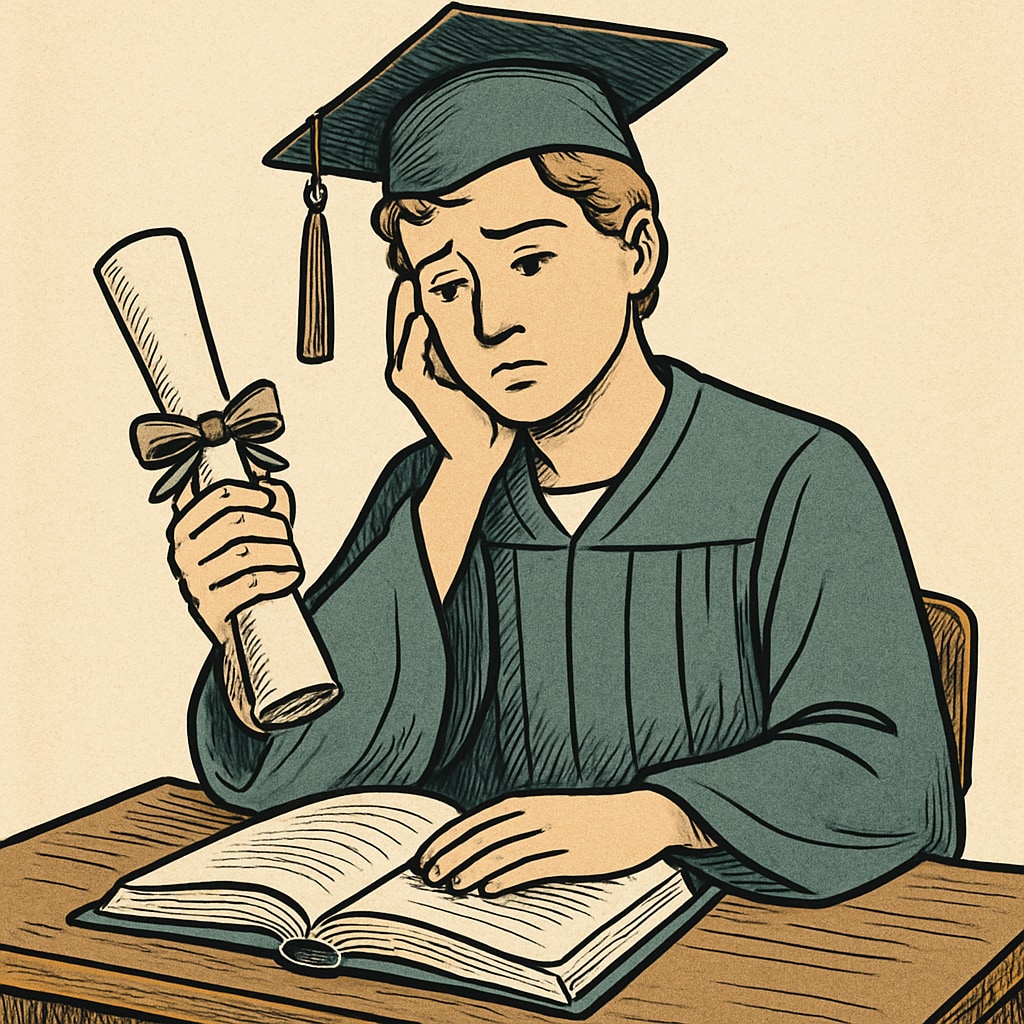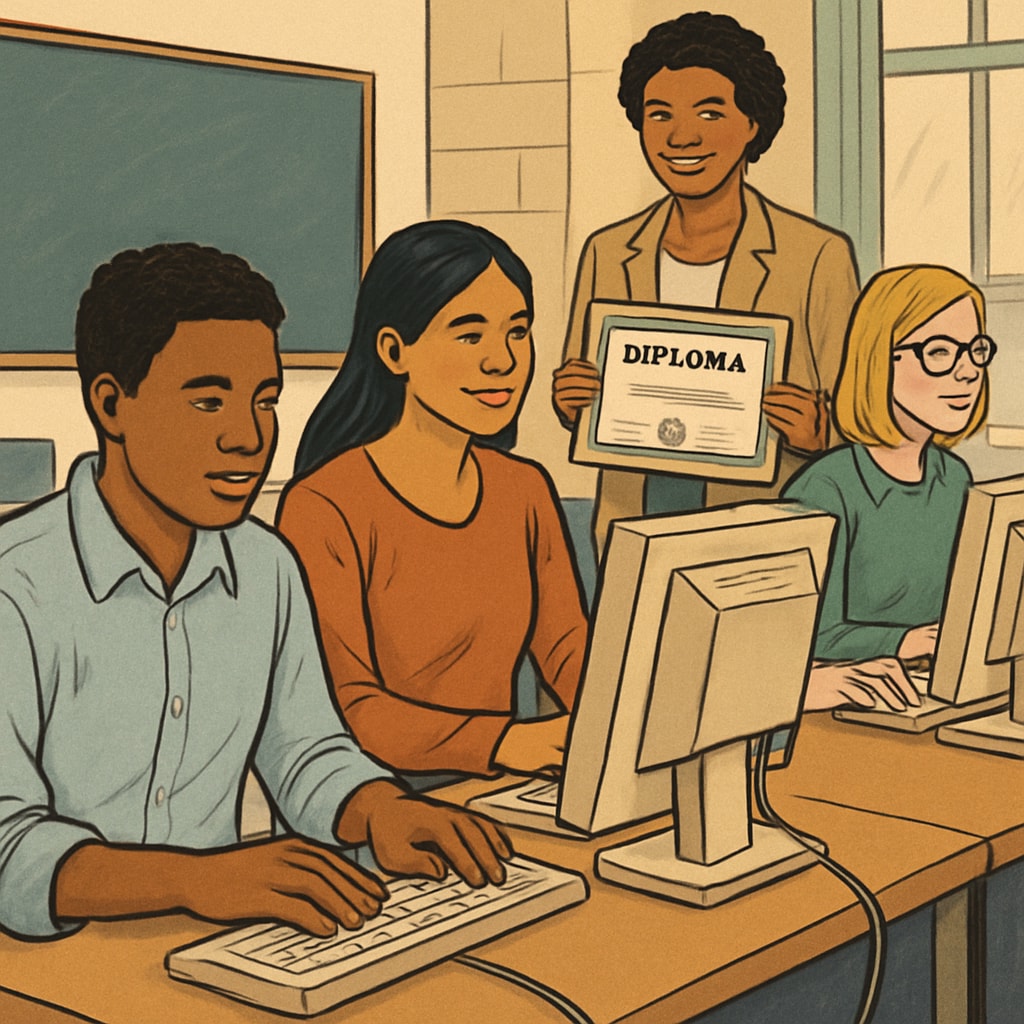For many students holding modified diplomas, the realization of how this decision impacts their future academic and career opportunities can bring feelings of regret. Questions surrounding the possibility of converting a modified diploma into a standard diploma often arise, as individuals seek ways to redefine their educational paths and achieve broader goals. This article delves into the differences between the two diploma types, provides practical steps for transitioning, and offers guidance on maintaining a resilient mindset throughout the process.

Understanding Modified Diplomas and Their Impact
Modified diplomas are typically awarded to students who meet adjusted academic requirements, often tailored to accommodate specific learning challenges or individual circumstances. While these diplomas recognize achievement, they may limit access to certain colleges, vocational programs, or career paths compared to standard diplomas.
For example, many universities and employers prioritize applicants with standard diplomas due to their alignment with broader academic benchmarks. As a result, holders of modified diplomas might face challenges in pursuing higher education or entering competitive job markets. Understanding these distinctions is essential for determining the most effective solutions.
However, it’s important to note that alternate pathways exist, allowing individuals to either enhance their qualifications or transition to standard diplomas.
Pathways to Transition: From Modified to Standard Diplomas
For those seeking to convert a modified diploma into a standard one, several options are available:
- Enroll in additional academic courses: Some schools and community colleges offer programs that allow diploma holders to complete missing requirements or upgrade their credentials.
- Take the GED (General Educational Development) test: Achieving a GED certification can serve as an equivalent to a high school diploma and open doors to higher education or career opportunities.
- Pursue vocational training: Specialized programs often accept modified diplomas and provide certifications that enhance employability.
- Research alternative college entry options: Some institutions have flexible admission policies for students with non-standard diplomas.
While transitioning paths may require effort and time, the benefits often outweigh the challenges, especially when considering the long-term impact on career growth and personal development.

Overcoming Regret and Embracing a Growth Mindset
Regret over obtaining a modified diploma can weigh heavily on students, affecting their confidence and motivation. However, it’s essential to redirect these emotions into constructive action. A growth mindset—believing in the ability to improve through effort—can significantly enhance the journey toward academic and personal success.
Here are some strategies to maintain positivity:
- Set clear goals: Define specific academic or career objectives to stay motivated and focused.
- Seek support networks: Connect with educators, mentors, or peers who can provide guidance and encouragement.
- Celebrate progress: Acknowledge small achievements along the way to build confidence.
- Learn from setbacks: View obstacles as learning opportunities rather than failures.
By cultivating resilience and determination, individuals can overcome regret and create meaningful pathways to success.
The Role of Education Systems in Supporting Modified Diploma Holders
Educational institutions play a crucial role in helping modified diploma holders navigate their futures. Schools can offer counseling services, career guidance, and access to additional learning opportunities tailored to individual needs. In addition, community programs and nonprofit organizations often provide resources to bridge gaps and expand opportunities for students with non-standard diplomas.
For example, organizations like Britannica provide valuable information on global education systems, while platforms like Wikipedia offer comprehensive insights into GED certifications and their benefits.
Collaboration between students, educators, and support networks can significantly enhance the transition process, ensuring that modified diploma holders have access to the resources they need for their academic and professional growth.
Readability guidance: Use short paragraphs and lists to summarize key points. Encourage the use of active voice and include transitional phrases like “for example” and “as a result” to improve flow.


